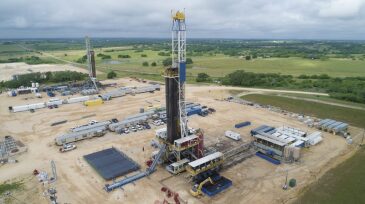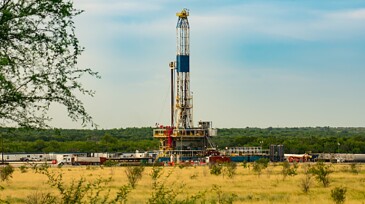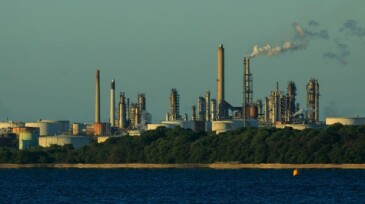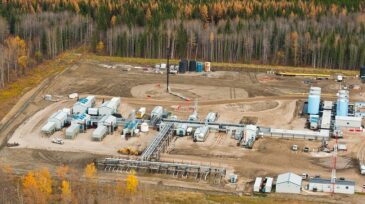Marathon Oil
-
The settlement to reduce emissions in North Dakota includes the largest ever Clean Air Act stationary source penalty and is expected to result in the reduction of more than 2.3 million tons of pollution.
-
The Houston-based independent will become the top producer in the Eagle Ford Shale with an output of 400,000 BOE/D and is eyeing 1,000 wells to refracture.
-
The deal upon closing at year-end would expand Marathon’s position in the south Texas shale play by 130,000 net acres.
-
Among other things, Microsoft is making it possible for Exxon to analyze reams of oilfield data. Amazon is helping drillers run simulations to maximize how much oil they can pump from existing wells.
-
With US oil prices struggling to top $25, oil companies and service providers are making deeper cuts this month to cope. The biggest come from Halliburton which may have shed 5,000 total jobs since the start of the year.
-
ConocoPhillips has pulled out of the much-hyped Louisiana Austin Chalk play after the company’s test wells yielded a gusher of water. Meanwhile, an Australian operator flying under the radar continues to pursue the adjacent-but-even-more-challenging Tuscaloosa Marine Shale.
-
With oil and gas facing a talent gap in the wake of the Great Crew Change, the industry finds itself competing for young talent looking for innovative, purpose-driven work. How can energy foster the culture of innovation needed to attract the new workforce, and how does it sell that culture?
-
Marathon Oil says its shale fields are producing more oil and gas with less hands-on work from company personnel thanks to a growing arsenal of digital technologies and workflows.
-
Encana CEO Doug Suttles assures that shale executives are acutely aware of the parent-child well challenge, and he doesn’t think it’s “a big threat” to the sector.









